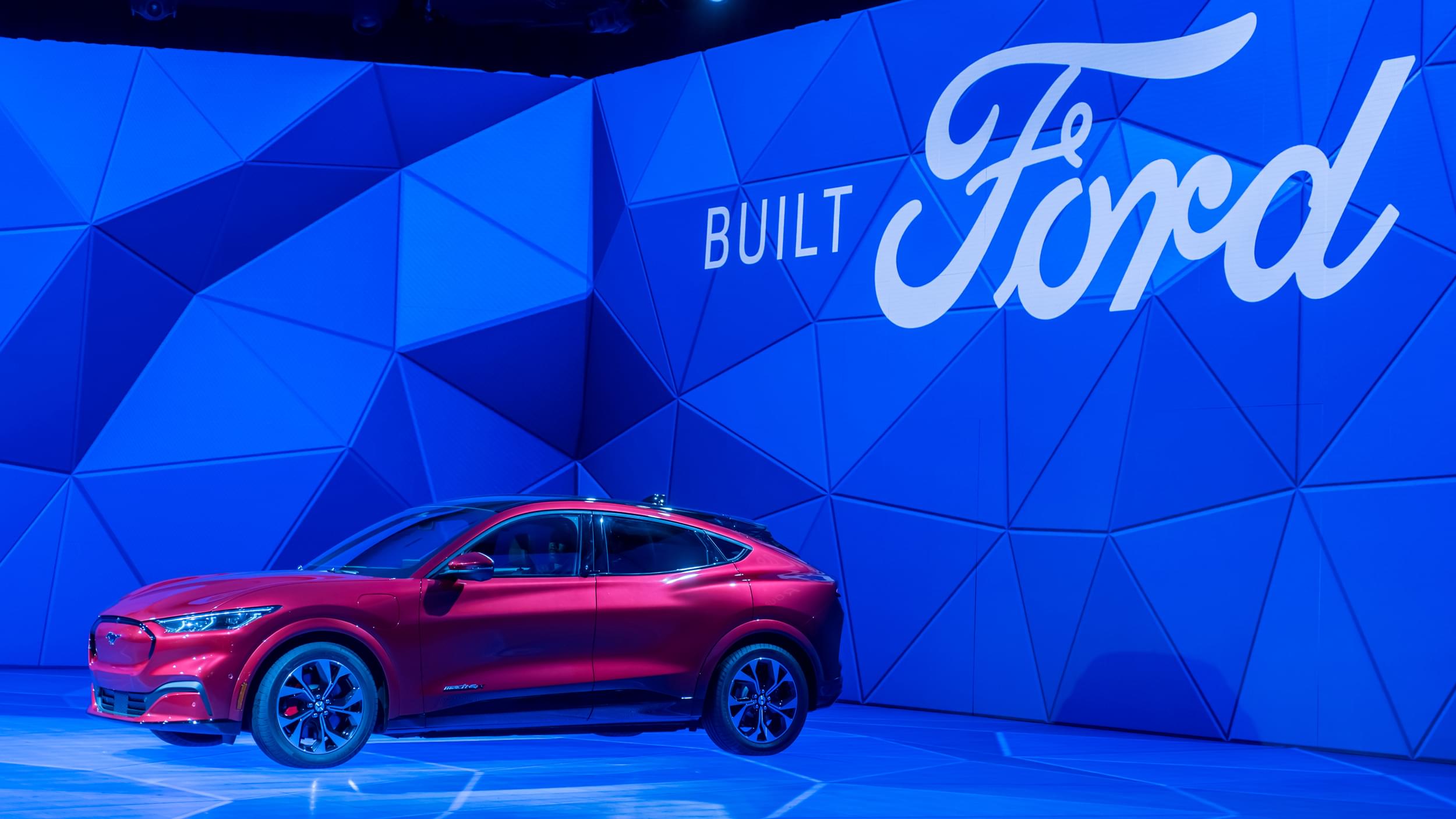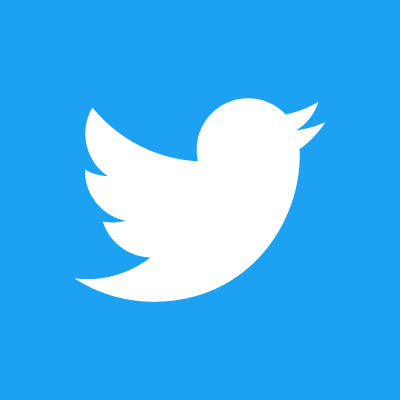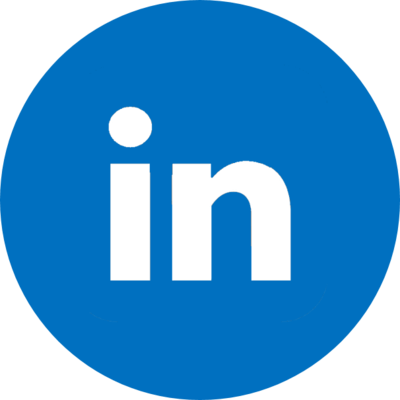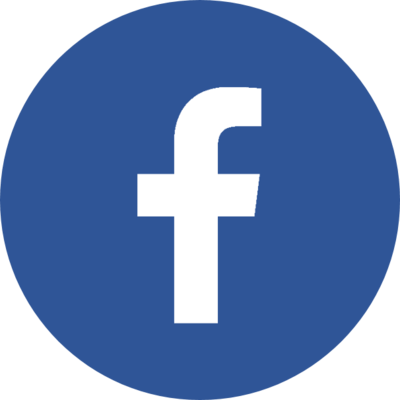LA Auto Show Recap: The Latest Trends and the Road Ahead
December 3, 2019
With 2019 US auto sales predicted to dip below 17 million vehicles for the first time since 2014, auto industry professionals, international press, and enthusiasts alike descended on the nation’s largest car-buying market for the annual Los Angeles Auto Show. adMarketplace was on the scene with clients to discuss the latest trends that are shaping our industry.

The 2021 Mustang Mach-E, Ford’s new electric SUV debuts at the LA Auto Show
The Rise of Electric SUVs
It’s no secret that Americans love their SUVs. Automakers are shifting production away from cars to their more profitable SUV lineup. SUVs now make up 48% of auto sales – up from 27% 10 years ago, according to Edmunds. While SUVs command the largest share (38% of adMarketplace searches) in the vehicle segment, SUV sales have plateaued.
In response, the gas guzzlers are going green. At the LA Auto Show, there was an overwhelming presence of electric SUVs. From Mercedes-Benz’s new EQC to the new electric edition of Volvo’s XC40, auto manufacturers are boasting big power (both with 400 horsepower and 200-mile range) without requiring visits to the pump. Automakers hope electric SUVs will put a charge in the stagnant category.
State of the Luxury Auto Market
With newcomers Rivian, Polestar, Lucid, and Lynk & Co. all due to roll out by 2021, the luxury auto market is growing. Luxury vehicles account for 24% of adMarketplace auto searches, so the expansion is coming at the right time for consumers. According to IHS Markit’s Industry Trends, growth in the luxury sector is coming via non-luxury households who are upgrading, with approximately half of conquests of luxury brands coming from non-luxury segments.
According to a 2019 Pinterest survey, younger, emerging affluents seek validation that they have arrived through the vehicle they drive. The survey indicated 77% of respondents have purchased a luxury vehicle to achieve a goal, while 84% consider their purchase an extension of their lives.
One luxury automaker who has gained momentum by positioning their lineup as a lifestyle brand is Lincoln – from the flagship Navigator to the all-new Corsair. Evident in the narrative of each Lincoln nameplate is a notion of “sanctuary” and “beauty” while shying away from performance-based driving.
Mercedes-Benz led the luxury auto segment in 2018 sales with over 354,000, followed by BMW (311,000) and Lexus (298,000).
Discontinued Vehicles Provide Conquest Opportunities
The LA Auto Show creates excitement and anticipation of new vehicle launches, but not all brands are expanding their respective lineups. According to Automobile Magazine, some 30 vehicles across categories will be discontinued by the end of 2019.The decision to cut underperforming models is ultimately to increase profitability, but it also creates an opportunity for competitors to capture market share by reaching in-market consumers.
Creating loyalty – and conversely conquesting consumers who were loyal to now defunct brands or models – requires reaching prospective buyers throughout the purchase journey. From initial discovery and research to consideration, shaping the consumer’s intent at every phase is vital to creating a brand connection.
Learn how adMarketplace’s Conducive product can shape buyer intent and help differentiate your brand in a crowded marketplace.
Follow adMarketplace on Twitter for daily updates and explore the #AddValueWithEverySearch campaign on Instagram.



